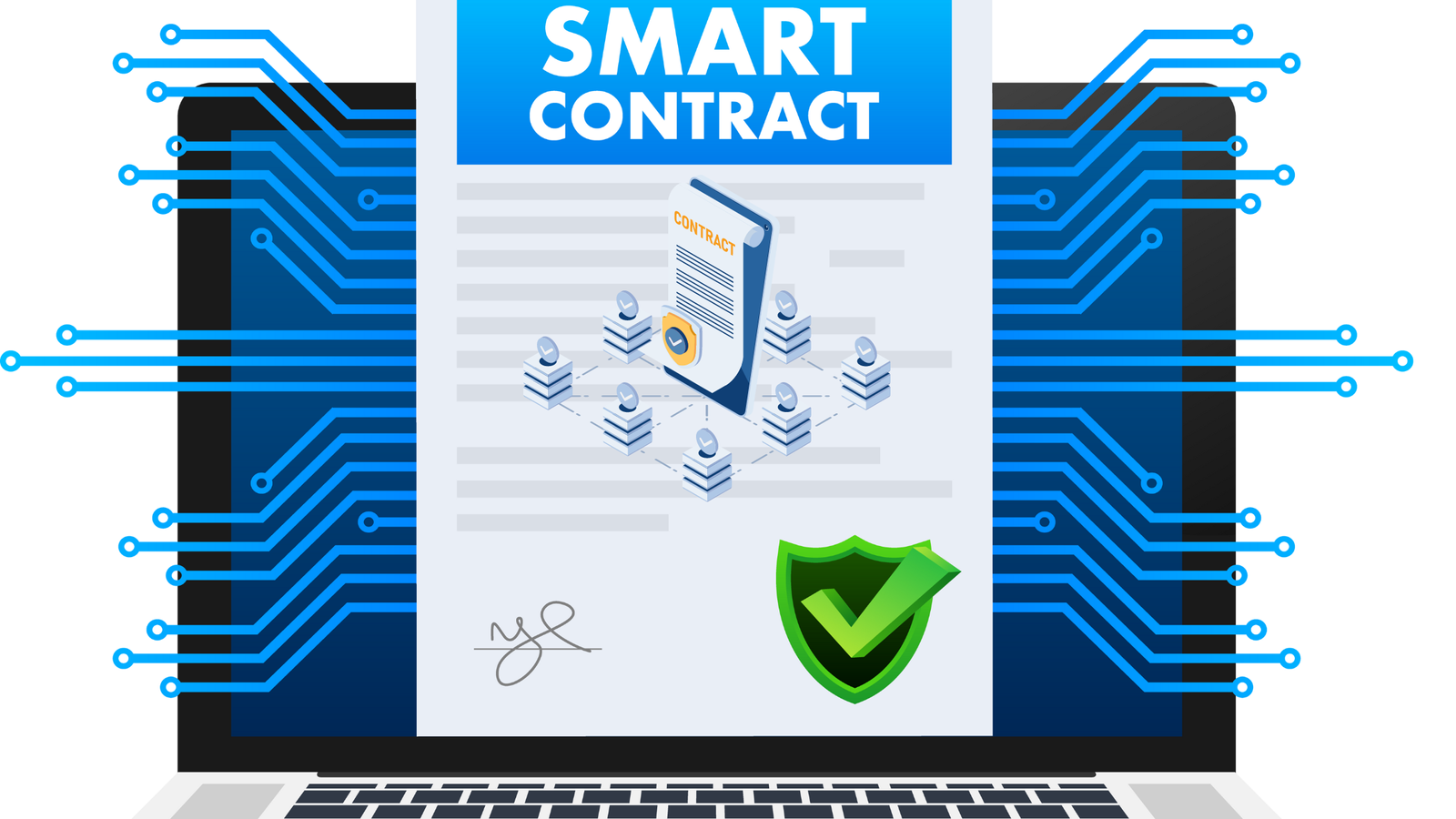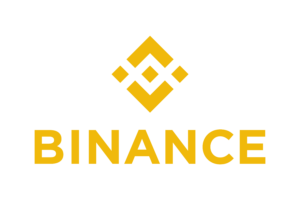Discover what smart contracts are, how they work, and why they’re revolutionizing industries. This guide explains smart contracts in simple terms and explores their benefits, use cases, and potential risks.
Table of Contents
What Are Smart Contracts?
Let’s talk about smart contracts—one of the coolest things I’ve learned since getting into blockchain. At first, I thought it was just a fancy term for digital contracts, but it’s way more than that. Smart contracts are actually self-executing contracts where the terms of the agreement are written directly into lines of code. No need for middlemen, no lawyers, and best of all, no drama.
I remember my first experience with a smart contract on a decentralized finance (DeFi) app. I didn’t know what to expect, but once I saw how the code executed automatically—without needing anyone to verify the transaction—it hit me. This is next-level stuff! Imagine a world where you don’t have to trust someone’s word or rely on a third party. The code is the law, and it gets things done on its own.
Here’s a quick definition:
- Smart Contracts: Self-executing contracts with the terms of the agreement coded into them. They run on blockchain platforms like Ethereum or Binance Smart Chain.
How Do Smart Contracts Work?
Okay, so how do these smart contracts work? It’s all about if-then logic. If certain conditions are met, the contract executes automatically. For example, “if John sends 1 ETH, then he receives 10 tokens.” It’s just like how regular contracts work, but instead of relying on a human to verify the terms, the blockchain handles everything.
Here’s how a typical smart contract process might go:
- Agreement is Written: The contract’s terms are coded into the blockchain. Think of this as the initial setup.
- Trigger Happens: Something happens that triggers the contract to execute (like making a payment or reaching a deadline).
- Automatic Execution: The smart contract executes according to its code, with no room for manipulation. This was one of the things that hooked me—no one can mess with the code once it’s in motion.
I’ll never forget my first time using a smart contract to send some crypto for a service. I was a little nervous because it wasn’t like a traditional transaction where you could hit “undo.” But once I saw how flawless the process was, I knew this was something big.
Key Elements of Smart Contracts
Just like with regular contracts, there are some key components that make smart contracts work. Here are the must-haves:
- Digital Agreement: The terms of the deal are laid out in code. If you’ve ever signed a contract in real life, this will feel familiar, except there’s no paperwork!
- Trigger Events: A specific action or event that causes the contract to execute. For example, if a payment is made, or a deadline is hit.
- Automated Execution: No more waiting around for someone to fulfill their side of the deal. The code runs automatically, making sure both parties stick to the agreement.
- Blockchain-Based: All this runs on the blockchain, meaning that it’s completely decentralized and transparent. Nothing can be altered after the fact.
In one of my earlier experiments, I actually watched a smart contract fail because a trigger wasn’t met. It was fascinating—and a little frustrating—to see how precise the code had to be. But it also made me appreciate how smart contracts enforce accountability.

Benefits of Smart Contracts
I’m going to be honest—smart contracts are pretty life-changing for certain industries. If you’re tired of relying on intermediaries (like I was), smart contracts give you that direct, no-middleman experience.
Here are some key benefits:
- Trustless Transactions: You don’t need to trust the other party. Once the contract is on the blockchain, it’s going to execute as written, no matter what.
- Cost-Effective: Since you don’t need a lawyer or notary, smart contracts save you a ton of money. I’ve saved hundreds in fees since switching to blockchain-based services.
- Speed: Smart contracts execute in seconds (or minutes), which beats the days it can take for traditional contracts to go through approval.
- Security: Once a contract is coded into the blockchain, it’s nearly impossible to tamper with. This is one of the reasons I use them for sensitive agreements.
- Transparency: Every step of the process is recorded on the blockchain. You can always go back and see exactly what happened.
I used to spend weeks waiting for contracts to process when I worked with centralized services. Now, with smart contracts, I can get things done in hours or even minutes.
Challenges of Smart Contracts
Of course, no technology is perfect, and smart contracts do have their issues. Here’s what I’ve learned from personal experience:
- Code is King: Smart contracts follow the code exactly. If there’s a bug or an error, you’re out of luck. I once had a contract execute incorrectly because of a small mistake in the code—it was a tough lesson.
- No Flexibility: Smart contracts are super rigid. Once deployed, they can’t be altered. While this is great for security, it’s a nightmare if you need to make changes after the fact.
- Gas Fees: Especially on Ethereum, the cost of executing a smart contract can be pricey due to gas fees. I’ve paid over $100 for a single contract at times, which definitely adds up.
- Legal Uncertainty: Smart contracts don’t always hold up in court the same way traditional contracts do. Depending on where you live, there might not be clear laws around them yet.
I remember one of my early projects where I tried using a smart contract to handle a complex agreement. Halfway through, I realized I needed to change the terms—but there was no way to do that. I had to start all over again, and it cost me both time and money.
Common Use Cases for Smart Contracts
What are people using smart contracts for these days? Well, pretty much anything! Here are some of the most common use cases I’ve seen:
- DeFi (Decentralized Finance): Platforms like Uniswap and Aave use smart contracts to allow users to lend, borrow, and trade without a middleman.
- NFTs: If you’ve bought or sold an NFT on a platform like OpenSea, you’ve already used a smart contract. These contracts handle the transfer of ownership when digital art or assets are bought and sold.
- Supply Chain: Companies are using smart contracts to automate the tracking and verification of goods as they move through supply chains.
- Real Estate: Imagine buying a house without needing a real estate agent. Smart contracts allow for secure and transparent real estate transactions.
- Insurance: Automated claims processing through smart contracts ensures that policies are honored the moment predefined conditions are met.
I’ve personally used smart contracts to trade NFTs and work with DeFi platforms. The ability to automatically transfer ownership or execute financial transactions is a game-changer. There’s no waiting for approvals or worrying about whether someone will hold up their end of the deal.
Smart Contracts vs. Traditional Contracts
Here’s a question I get asked a lot: “Why should I use a smart contract when I can just use a traditional one?” Honestly, I get it. Smart contracts can seem a little intimidating at first. But once you get past the learning curve, the advantages are pretty clear.
- Automation: Smart contracts execute automatically, while traditional contracts require human action.
- No Middlemen: Smart contracts cut out the need for lawyers, banks, or any third parties. Traditional contracts often require at least one or two intermediaries.
- Cost: With smart contracts, the costs are typically lower because you’re not paying for middlemen. Traditional contracts can be costly, especially if lawyers are involved.
- Flexibility: Traditional contracts are flexible and can be revised. Once a smart contract is on the blockchain, it’s set in stone.
I used to handle all my agreements through traditional contracts. But after using smart contracts, I can’t see myself going back unless it’s absolutely necessary. The speed, transparency, and security are just too good.
Are Smart Contracts the Future?
If you ask me, smart contracts are here to stay. They’re already disrupting industries like finance, real estate, and supply chain management, and I think we’re only scratching the surface. Sure, there are some growing pains (like gas fees and rigid code), but the potential far outweighs the drawbacks.
If you’re ready to dive into smart contracts yourself, check out platforms like Ethereum, Binance Smart Chain, or Solana to get started. Trust me, once you see how easy and efficient it is, you’ll wonder how you ever lived without them!




